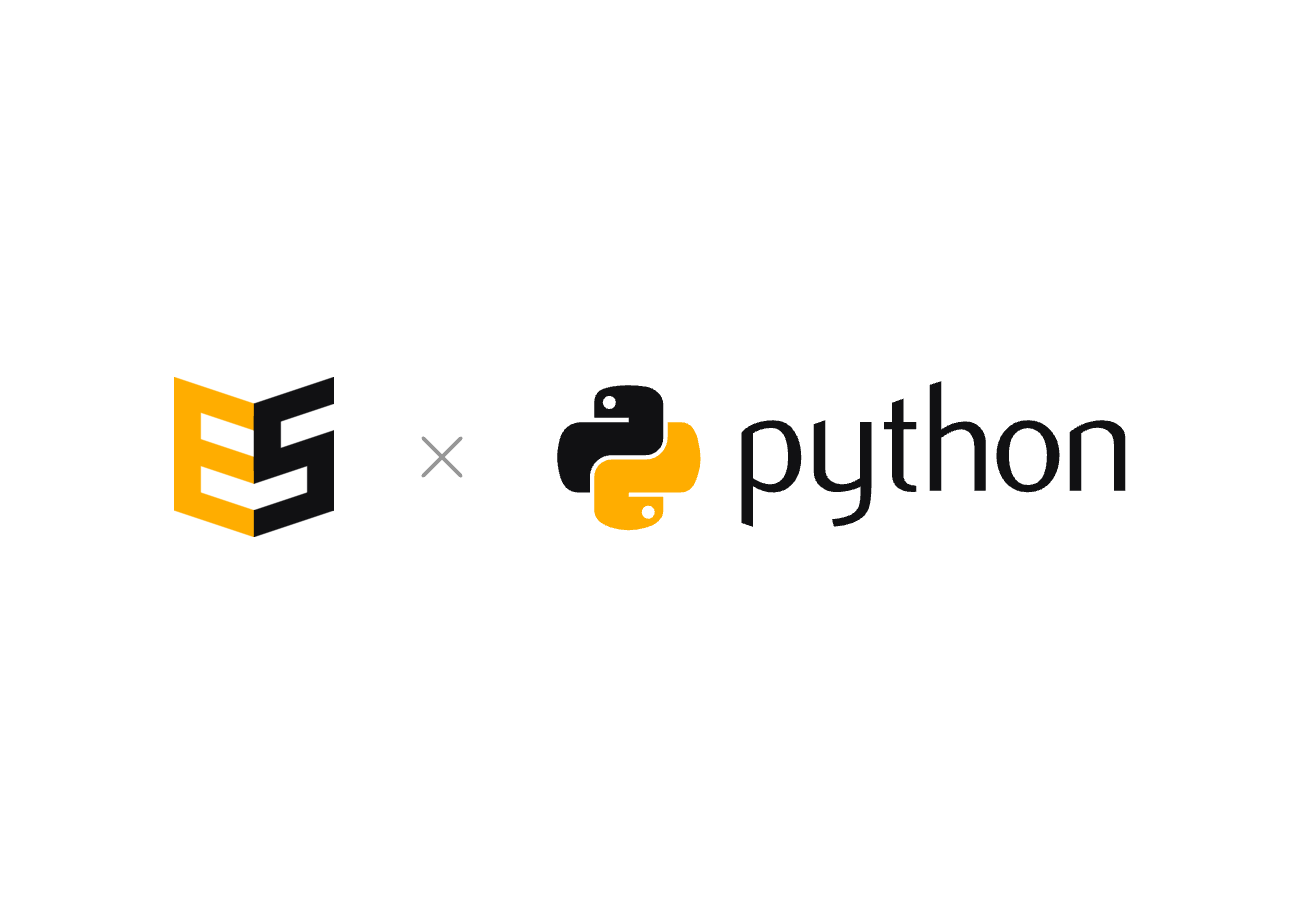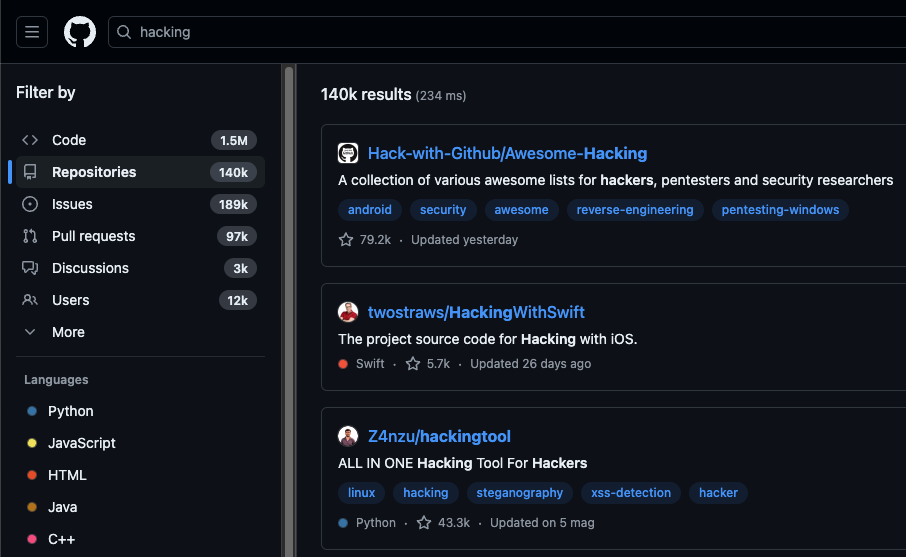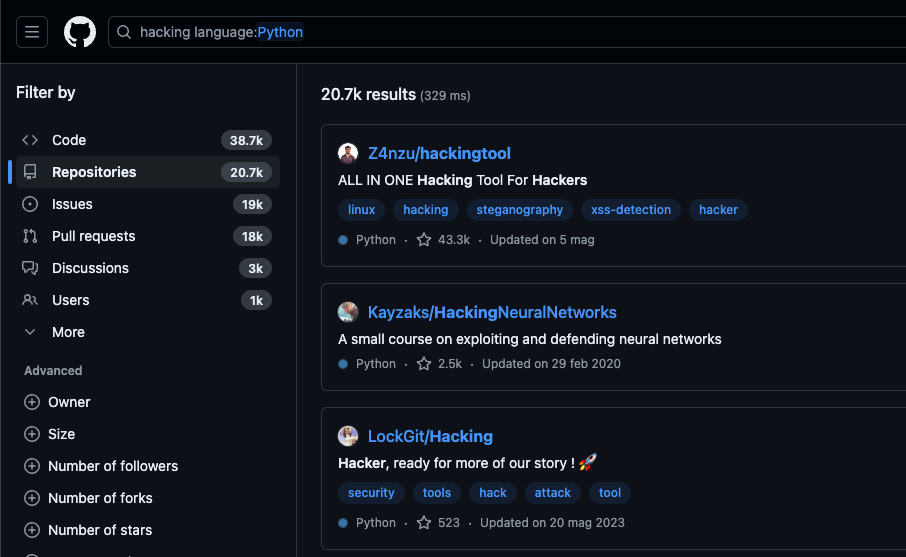
Introduction to the language
Python is a general-purpose programming language. Its features make it ideal for a wide range of use. First and foremost, it is cross-platform. We can run Python scripts on the most popular operating systems, such as Windows, MacOS, and all Linux distributions. Secondly, it has a vary rich standard library. Many of the operations a programmer performs daily are already natively provided by the language.
One of the strengths of this language is its simplicity. It takes just a few days to get familiar with the language and create the first scripts to run. Although the language is object-oriented, its syntax is simpler than more classical Java or C++. Additionally, Python provides a very high level of abstraction, making it suitable for newcomers to the programming world.
The downside is that Python, being an interpreted language, offers lower performance compared to compiled languages. Fortunately, for applications in networking and cybersecurity, this is not a significant obstacle. With that in mind, let's move on to see which aspects of the language we will focus on and how they can help enhance your technical skills.
The aspects of Python that we will focus on
We will begin our study of Python with a more in-depth introduction, followed by getting familiar with the native interpreter that will allow us to issue commands from the terminal quickly and easily. Right after that, we will dive into the language syntax and explore how Python supports object-oriented programming. After consolidating these concepts, we will learn about type annotations in Python, how it handles exceptions, and the difference between modules and packages. We will take a look at the main modules that characterize Python's standard library, analyze string handling, define regular expressions, and perform numerical and file operations. We will then study more advanced concepts such as concurrency management (threads and processes) and understand how to test, debug, and optimize code written in Python. An important part of the content will focus on Python applications in networking and web programming. Finally, we will understand how to extend the language's functionality and apply Python in the context of ethical hacking by studying and writing scripts for penetration testing operations.
The strength of Python is its versatility
Python is widely used. As reported by TIOBE 🔗, it is the most popular programming language at the moment. But what makes it so special? I believe one of the best answers to this question is that Python is suitable for any context. With Python, you can create automation scripts very easily to make daily or periodic actions much simpler. The use cases don't stop there. Over the years, web programming frameworks have become very popular, and among them, Flask 🔗 and Django 🔗 certainly stand out. Not to mention the surge it has experienced with the explosion of AI... Among the most popular libraries for machine learning, we certainly find TensorFlow 🔗, Keras 🔗, PyTorch 🔗, and Scikit-Learn 🔗. Last but not least, it is impossible not to mention the use of Python for ethical hacking. We can see this by performing a search on GitHub 🔗 with the keyword hacking.

As you can see in the screenshot, the search returns about 140k repositories. Filtering the results 🔗 for the Python language, we quickly realize that out of the original 140k repositories, 20.6k of them are related to Python.

I think it's clear by now that studying Python in 2024 can open many doors and job opportunities. Stay tuned because a ton of content is coming. See you soon!